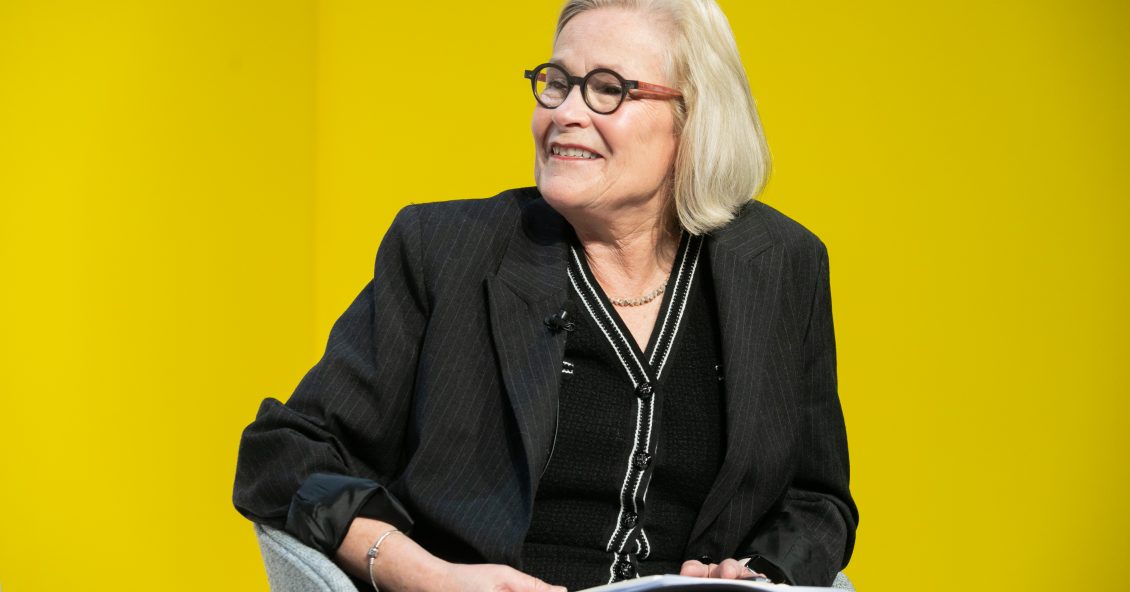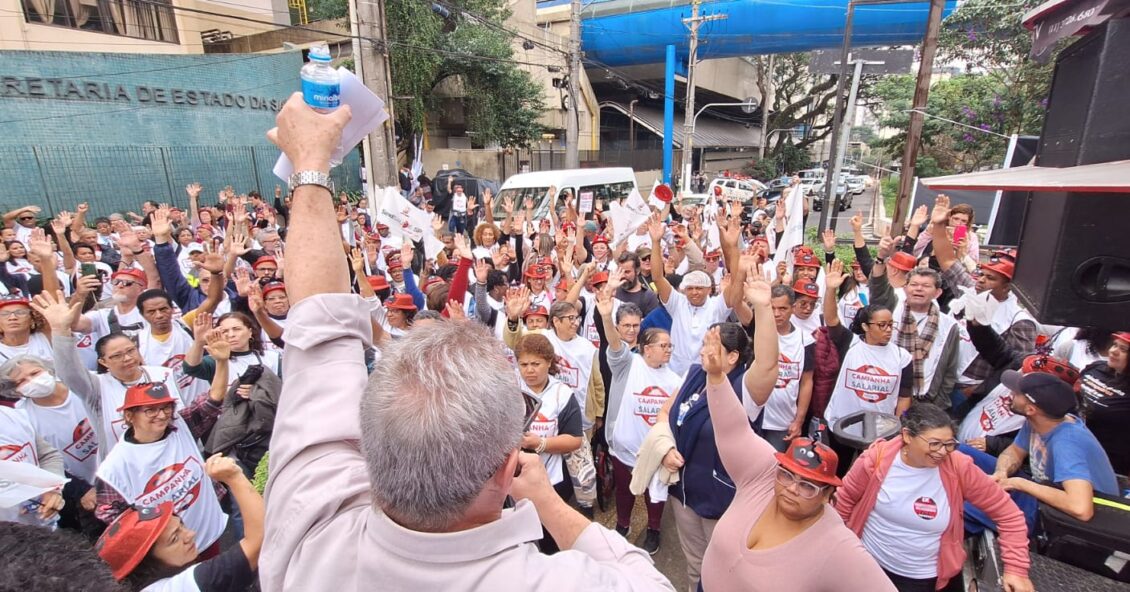Unions are critical digital guardrails, UNI GS Hoffman tells #DataOnPurpose
05.05.23
Strong unions and collective bargaining are fundamental to protecting workers’ rights as new technologies change our jobs, UNI Global Union General Secretary Christy Hoffman told participants at Data on Purpose 2023: Making Tech Work for Workers.
Hoffman spoke on the panel “Building Digital Guardrails That Serve Workers” along with Meera Joshi, New York City Deputy Mayor for Operations, and Kavita Dattani, Postdoctoral Researcher, Fairwork Project, University of Oxford.
While the scope of data collection and invasiveness of workplace technologies – particularly algorithmic management systems – has changed rapidly over the past several years, Hoffman made the case that existing solutions can fundamentally address a many of the challenges technology poses for workers.
“We know that unions have been negotiating over technology for decades, for example in manufacturing when robotics started to be introduced in the 1980s. Many of the key principles from that period – notice, assessment of risks and bargaining over implementation and impact – still apply today.
“For instance, in Germany, works councils have restricted the use of individual data collected by algorithmic management systems so that it can only be used to evaluate performance on a team level over time, not as an individual metric on a daily or hourly basis.”
Hoffman also mentioned the CWA’s agreement in call centers which requires that monitoring be limited to specific hours each month, that workers be on notice when monitoring is taking place and that monitoring be for the purpose of feedback, not discipline.
Another example Hoffman gave is that UNI recently signed a global agreement with a major call centre company that requires that on-the-job surveillance must not be “disproportionate” to business needs. “We shouldn’t just accept that it’s OK to have a camera watching you for the entire workday,” she said.
This monitoring exposes workers to psychosocial stress and can also lead to physical injury. Hoffman pointed to the high injury rate at Amazon, where the company uses extreme monitoring to push workers’ pace of production. This pressure to meet inhumane targets can also force workers to miss legally required breaks.
To help unions stop these excesses, UNI will be issuing a guide in the coming weeks that details how workers around the world have used their collective power to make tech work better for them.
Hoffman concluded that “When companies change how they do business, they must talk to workers. They need to dialogue with unions and have robust, independent health and safety or even technology committees to implement new tools properly and fix problems that arise.”


